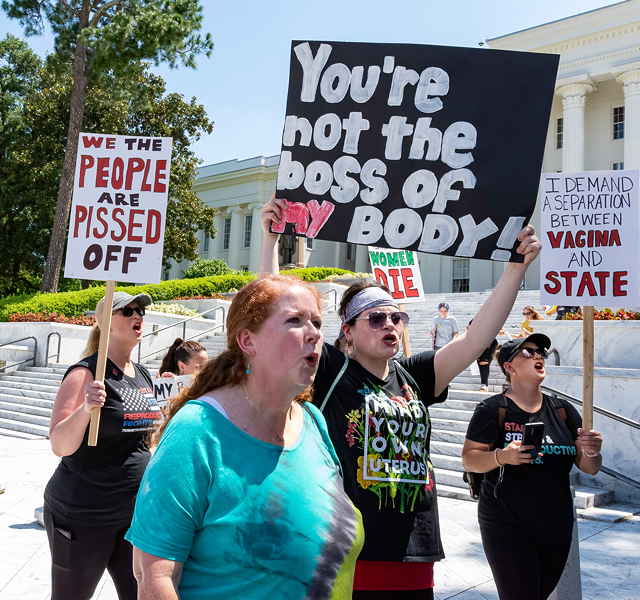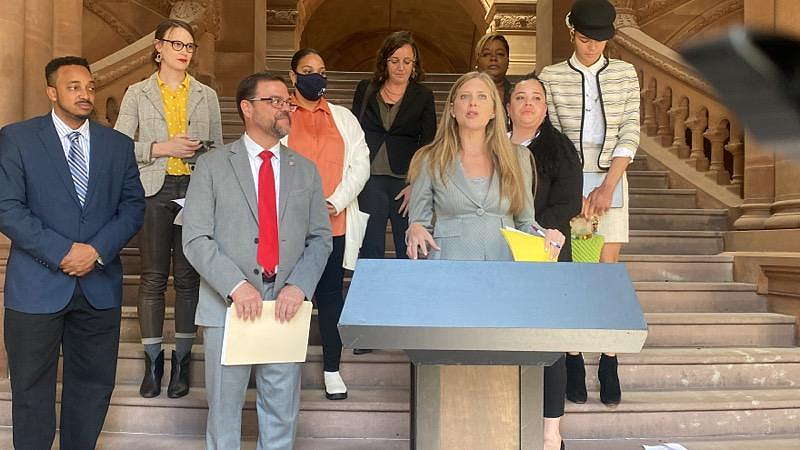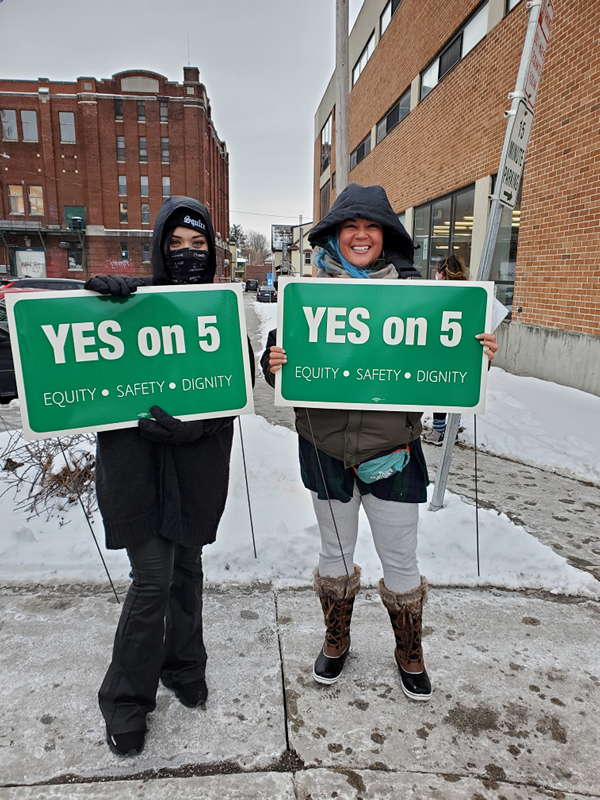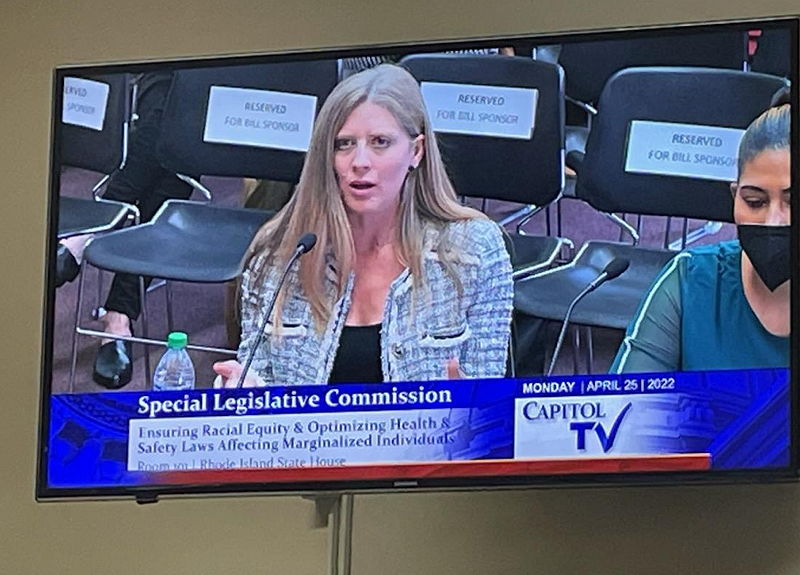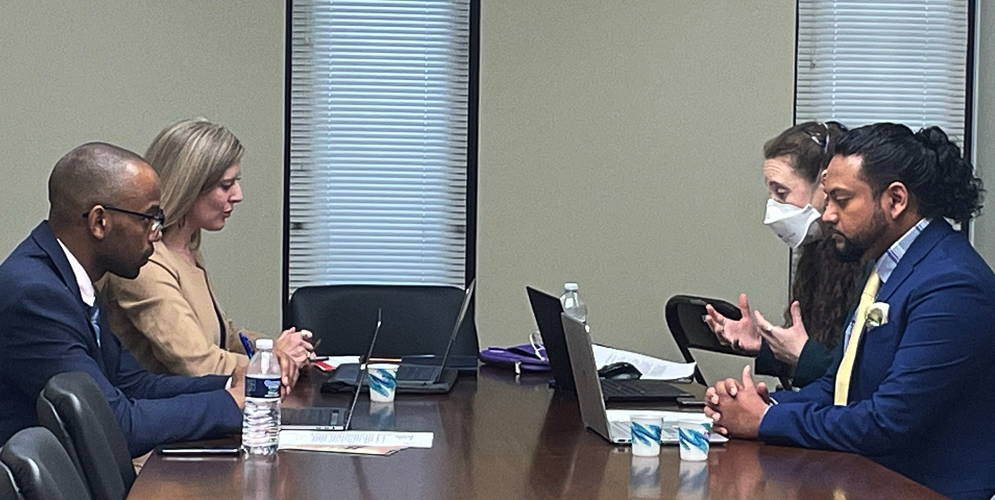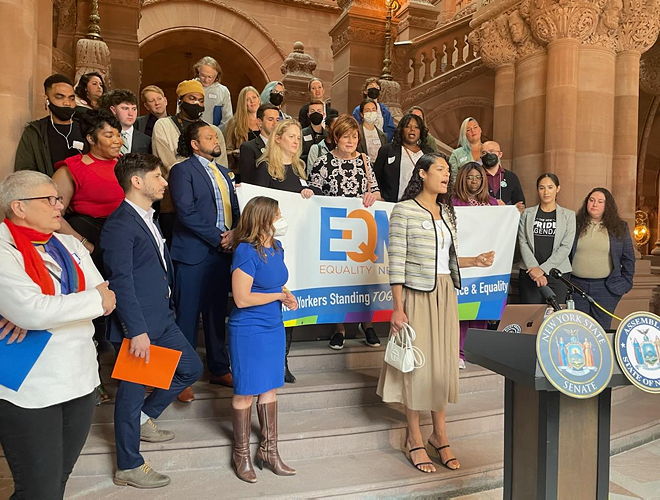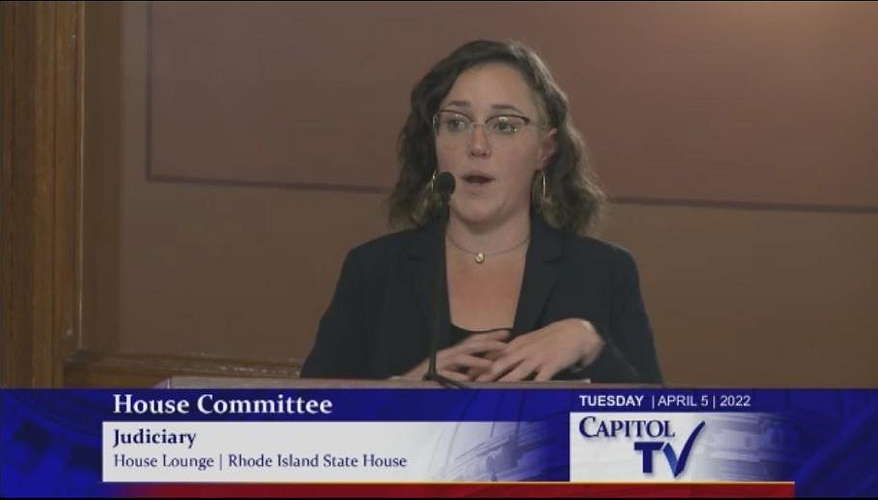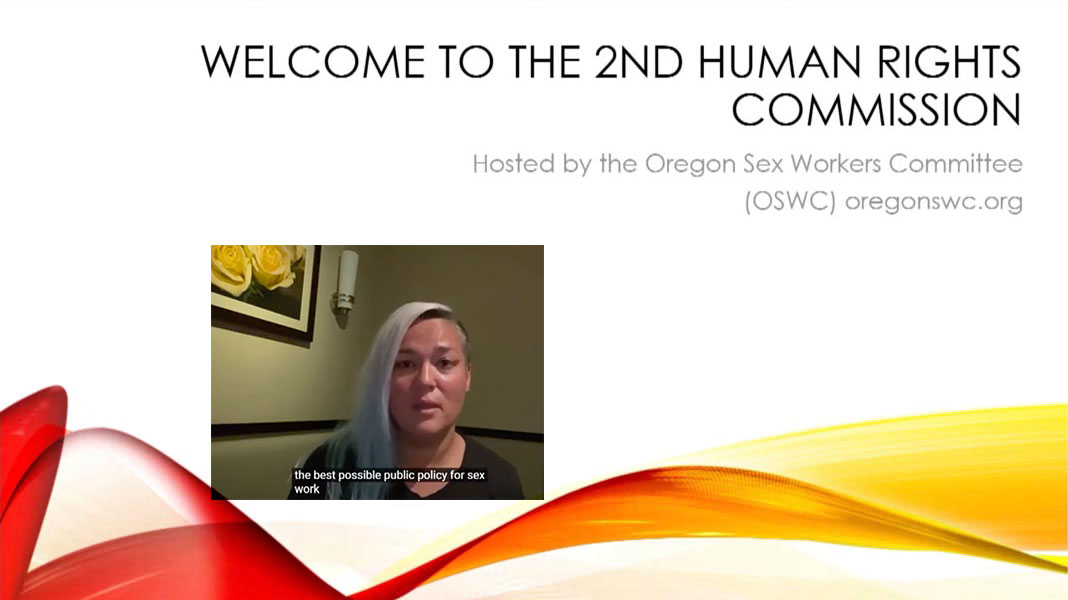June 26, 2022
DSW staff and allies took to the streets to show their support for LGBTQIA rights. They joined NYC’s Queer Liberation March for Trans and BIPOC Freedom, Reproductive Justice, and bodily autonomy.


DSW Newsletter #37 (June 2022)
Burlington’s Vote To Strike Language on Sex Work From City Charter Becomes Law
June 8, 2022 Vermont Governor Phil Scott signed H.746, An act relating to an amendment to the charter of the City of Burlington, striking harmful language from the city’s charter. In March, 69% of Burlington residents voted...
Read More

DSW Research and Project Manager Testifies at Legislative Study Commission
June 13, 2022 DSW Research and Project Manager J. Leigh Oshiro-Brantly presented on the intersection of LGBTQIA individuals and sex workers’ rights at the June 13 meeting of a legislative study commission in Rhode Island. Oshiro-Brantly co-presented with...
Read More

A Long Overdue Bill Repealing the “Walking While Trans Ban” Heads to Gov. Newsom’s Desk
June 20, 2022 Nine months after passing the legislature, a bill that would repeal a provision of California law that prohibits “loitering in public for the purpose of engaging in prostitution” is in Governor Newsom’s hands. He...
Read More

DSW Staff Commemorates Pride
June 26, 2022 DSW staff and allies took to the streets to show their support for LGBTQIA rights. They joined NYC’s Queer Liberation March for Trans and BIPOC Freedom, Reproductive Justice, and bodily autonomy. DSW Newsletter #37...
Read More


